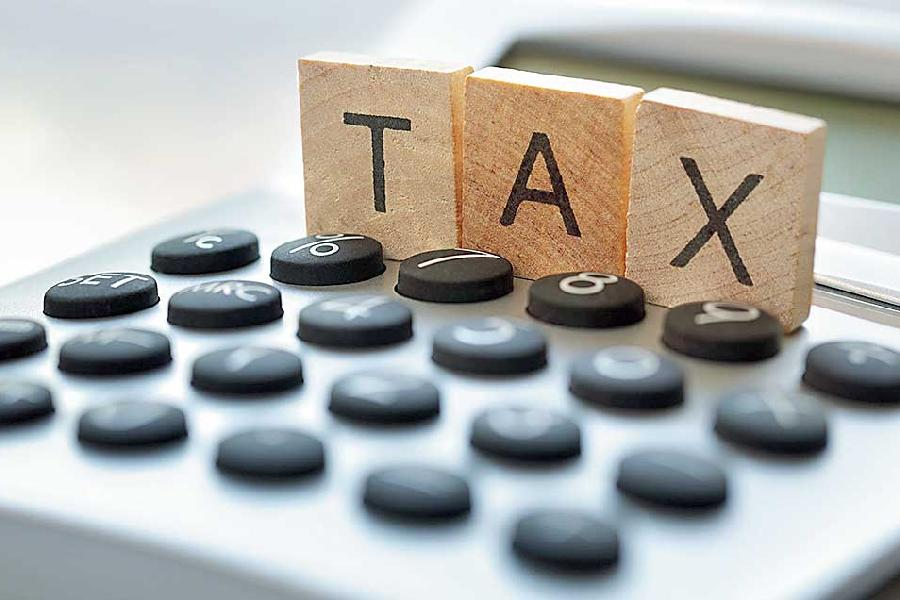Navigating the complex world of tax deductions can be challenging, yet understanding what you can and cannot claim is crucial for maximizing your tax return and ensuring compliance with the law. This article will break down the essentials of tax deductions, highlighting the common deductions you can claim, those you can’t, and best practices to ensure you’re on the right track.

What Are Tax Deductions?
Tax deductions reduce the amount of income that is subject to tax, effectively lowering your taxable income. By claiming deductions, you can reduce your tax liability, potentially leading to a larger tax refund or a smaller amount owed. However, it’s essential to know which expenses qualify for deductions and which do not.
Common Tax Deductions You Can Claim
Understanding the tax deductions available to you is the first step in optimizing your tax return. Here are some of the most common deductions:
- Home Office Deduction
If you work from home, you may be eligible for the home office deduction. This deduction applies to expenses related to maintaining a home office, such as a portion of your rent or mortgage interest, utilities, and internet costs. However, the space must be used exclusively and regularly for business purposes to qualify.
- Medical and Dental Expenses
Medical and dental expenses that exceed 7.5% of your adjusted gross income (AGI) can be deducted. This includes costs related to doctor’s visits, prescription medications, health insurance premiums, and even certain home modifications for medical reasons.
- Charitable Contributions
Donations to qualified charitable organizations are deductible, provided you have the necessary documentation. This includes both cash donations and the fair market value of donated goods. Keep detailed records of your contributions, including receipts and acknowledgment letters from charities.
- Retirement Contributions
Contributions to retirement accounts, such as a Traditional IRA or a 401(k), can be deducted, lowering your taxable income. The amount you can deduct varies depending on the type of account and your income level.
- Education Expenses
You can deduct certain education expenses, such as tuition, fees, and student loan interest. The Lifetime Learning Credit and the American Opportunity Tax Credit are two valuable tax credits available to those pursuing higher education.
Tax Deductions You Cannot Claim
While many expenses are deductible, others are not, and it’s important to be aware of these to avoid potential issues with the IRS:
- Personal Living Expenses
Everyday living expenses, such as groceries, clothing, and rent or mortgage payments, are not deductible. These are considered personal expenses and do not qualify as tax deductions.
- Commuting Costs
The cost of commuting from your home to your workplace is not deductible. This includes public transportation fees, gas, and car maintenance related to daily commutes. However, if you travel between multiple work locations, those expenses may be deductible.
- Club Memberships
Membership fees for social clubs, such as country clubs, golf clubs, or other recreational organizations, are not deductible, even if you use them to entertain clients. The IRS views these as personal expenses.
- Political Contributions
Donations to political campaigns, parties, or political action committees (PACs) are not deductible. The IRS strictly prohibits deductions for political contributions, regardless of the cause.
- Fines and Penalties
Any fines or penalties paid to the government, such as parking tickets, tax penalties, or court fines, are not deductible. These are considered punitive and do not qualify as legitimate business expenses.
Best Practices for Claiming Tax Deductions
To ensure that you’re claiming the right deductions and maximizing your tax benefits, follow these best practices:
- Keep Detailed Records: Maintain thorough documentation for all deductions, including receipts, invoices, and any other relevant records.
- Consult a Tax Professional: If you’re unsure about a deduction, consult with a tax professional. They can provide guidance tailored to your specific situation and help you avoid costly mistakes.
- Stay Informed: Tax laws change frequently, so it’s important to stay updated on the latest tax regulations and guidelines. This will help you make informed decisions about your deductions each tax year.
- Use Tax Software: Tax software can help you identify deductions you may qualify for and ensure that you’re claiming them correctly. Many programs also offer audit protection and guidance.
Conclusion
Understanding what tax deductions you can and cannot claim is essential for optimizing your tax return and staying compliant with tax laws. By familiarizing yourself with the common deductions available and following best practices, you can make the most of your tax situation and potentially save a significant amount of money.











